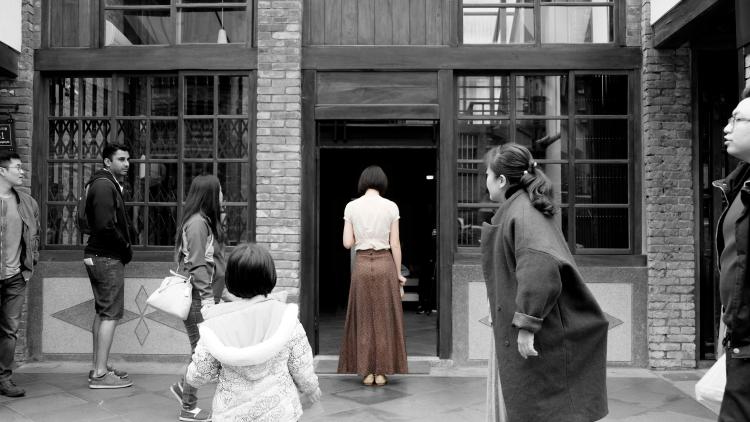
Motivated Reasoning and Taiwan’s Security Perceptions amid the Russia-Ukraine War

Key information
- Date
- Time
-
3:30 pm to 5:00 pm
- Venue
- Main Building, SOAS University of London, 10 Thornhaugh St, London WC1H 0XG
- Room
- RG01
About this event
This event is about a study that uses the Russia-Ukraine War as a lens to investigate Taiwanese people's political psychology and reactions to potential security threats, revealing that their attitudes towards China significantly influence their willingness to fight, perception of US commitment, views on the war, and associated conspiracy theories.
The Russia-Ukraine War provides us an exceptional window of opportunity for exploring empirically how Taiwanese people understand the current security situation and might behave if a similar scenario occurs across the Taiwan Strait. The answers are not only relevant to how we can assess the possibility for the unthinkable, but also, more importantly, crucial to how we can manage to maintain peace in the region. In my experimental studies, I adopted a political psychology approach, “motivated reasoning.” Different from the conventional Bayesian updating paradigm where people rationally evaluate the information they receive for reaching an attitude or a decision about some target, there is also a literature (mainly political psychology) on how people, instead of being rational, are actually used to rationalizing a certain attitude by ignoring some information at odds with their political predispositions (ideologies) or identities (e.g., parties, social groups). Moreover, I took advantage of two major shocks in 2022---the outbreak of the Russia-Ukraine War in February and Nancy Pelosi’s visit to Taiwan in August---and conducted two sets of before-after survey experiments. In particular, I investigated in these studies Taiwanese people’s 1) willingness to fight, 2) popular perceptions of the US Commitment, 3) views on the Russia-Ukraine War, and 4) conspiracy theories about the Russia-Ukraine War. The studies show that the answers to these questions are substantially modulated by one’s attitudes towards China.
Registration
This event is open to public and therefore there is no need to register.
Meet the speaker
Dr Hans H. Tung
Hans H. Tung is an associate professor in the Department of Political Science and a faculty associate of the Behavioral and Data Science Research Center and the Center for Research in Econometric Theory and Applications at National Taiwan University. He serves on the editorial boards for Humanities & Social Sciences Communications (Nature Portfolio), PLOS ONE, and the Cambridge University Press book series on Taiwan Studies.
He is primarily interested in formal and empirical analyses of the political-economic dynamics under authoritarian rule at both macro and micro levels, and has authored several articles in academic journals such as Political Communication, Review of International Organizations, Nature Communications, and Public Opinion Quarterly. More specifically, one strand of his research seeks to uncover the political logic of institutional development under authoritarian regimes.
A second strand of his research explores more fundamentally individuals’ political-economic decision-making through experimental methods and data. A third strand builds on the theoretical insights developed from other parts of his research to address various issues regarding how China’s rise on the world stage affects the regional dynamics in East Asia.
